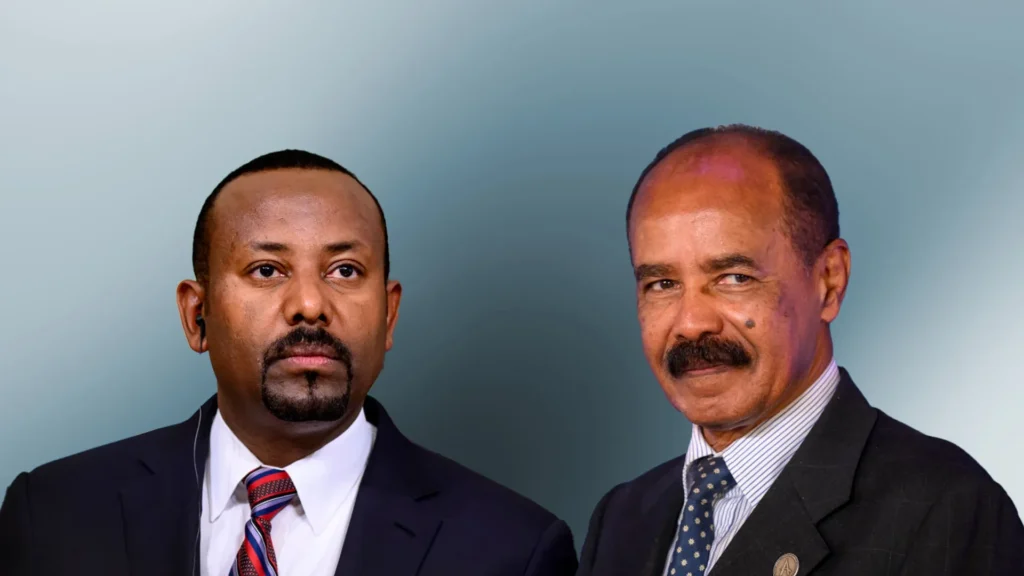Rising tensions between Ethiopia and Eritrea have sparked fears of a renewed conflict in the Horn of Africa. At the heart of the dispute is Ethiopia’s longstanding demand for access to the Red Sea through Eritrea, a request that Eritrea has firmly rejected.
Landlocked Ethiopia lost direct access to the Red Sea when Eritrea officially seceded in 1993 following decades of struggle for independence. The two nations later fought a devastating border war in 1998–2000, resulting in over 100,000 deaths.
Ethiopian leaders have recently intensified their rhetoric. Prime Minister Abiy Ahmed declared in 2023 that access to the sea is an “existential” issue for Ethiopia. Ethiopia’s ambassador to Kenya, retired Gen Bacha Debele, called the Eritrean port of Assab “Ethiopia’s wealth” and said it would be returned “by force.” Army chief Field Marshal Birhanu Jula emphasized that Ethiopia’s growing population requires securing a sea outlet, framing it as a matter of national survival.
State media in Ethiopia has amplified this narrative, showcasing military parades, graduating cadets, and demonstrators waving banners reading “Assab is ours.” Reports suggest the government is also using a digital “army” of tens of thousands to defend its stance online.
Eritrea has responded cautiously but firmly. Information Minister Yemane Gebremeskel described Ethiopia’s push as a “dangerous, toxic agenda” of irredentism. The Eritrean army warned that crossing this “red line” could plunge Ethiopia into a “quagmire.” State media has accused Ethiopia of attempting to revive disputes settled decades ago and has urged citizens to remain vigilant.
Despite heated rhetoric, there have been no significant troop movements along the border. Both countries maintain mandatory military service, and Ethiopia continues to expand and showcase its armed forces.
Analysts warn that while the situation remains tense, any escalation could have severe consequences for regional stability. International observers are urging dialogue to prevent rhetoric from escalating into armed conflict.
The Horn of Africa now watches closely as two neighbors balance historical grievances, national pride, and the fragile peace that has endured for decades.

